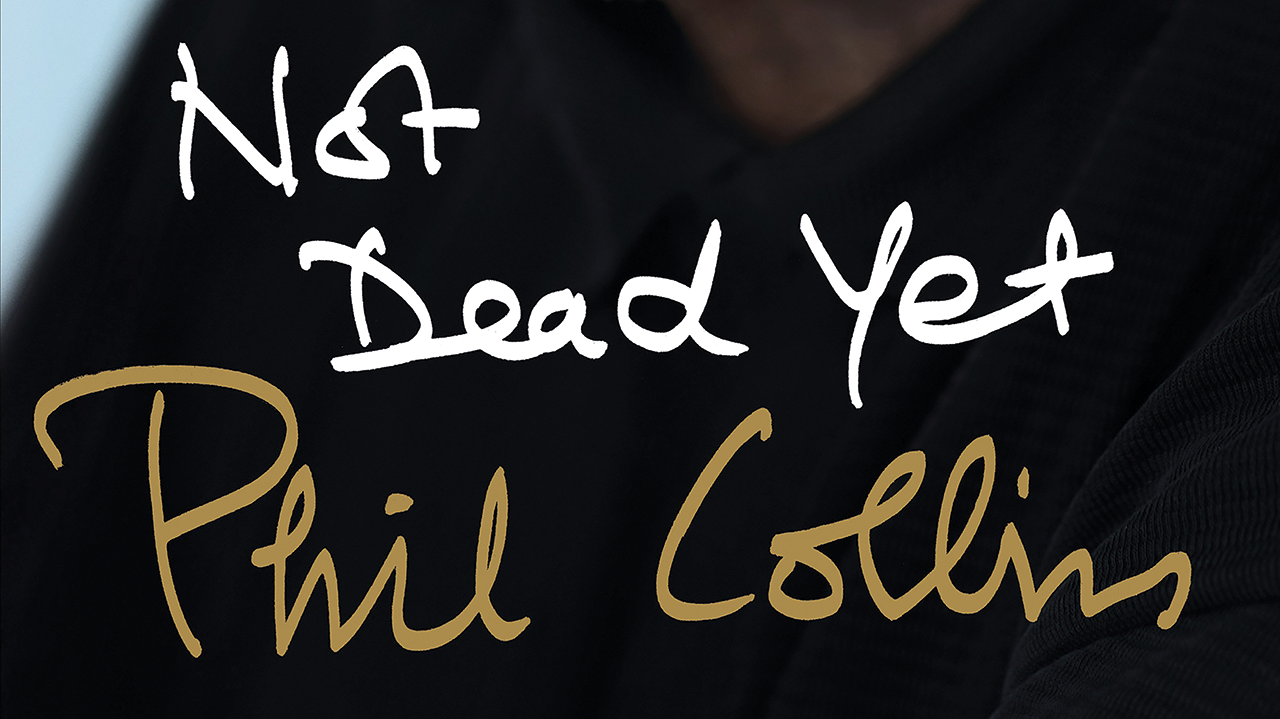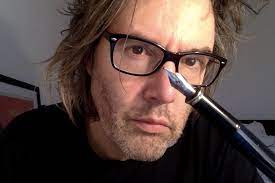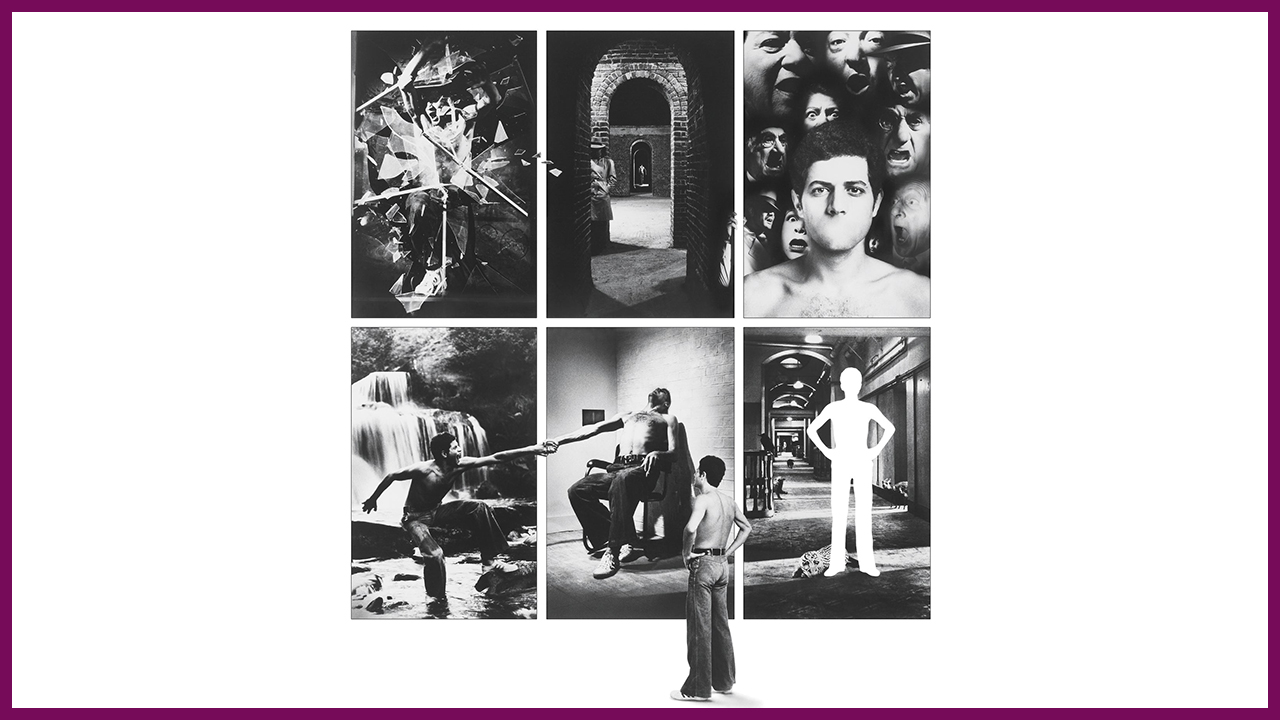You can trust Louder
Tony Banks said it best: for a decade and a half you couldn’t get away from Phil Collins. A generous chunk of one generation grew up with Collins – Genesis, solo, Disney soundtracks – ringing in their ears. When he wasn’t making his own music, he was backing up others, appearing in Miami Vice, splashed across the tabloids for leaving his wife via fax (which, as he points out here, was a complete falsehood), or forever seated forlornly at his keyboard on Top Of The Pops, an accusatory paint pot set in front of him.
To Collins’ credit, these days he’s as witheringly self-aware as any of his critics ever were. There are moments where it sounds like he’s reiterating the stormier moments of his personal life from the therapist’s chair, rambling, inner monologues of chastisement and amazement. Amazement that he might have treated those close to him so cruelly, yet still did so, while the excruciatingly detailed passages about the pursuit of third wife, Orianne, are borderline creepy. Some stars might have exorcised such moments from their story, but Collins steadily aimed gaze is unflinching.
- Phil Collins: I would have quit Genesis for The Who
- Phil Collins recalls early failings as Genesis frontman
- The Phil Collins Quiz: how well do you know the former Genesis man?
- Phil Collins - The Singles Collection album review
The true is same of his musical story – which is what will draw most readers in – the Led Zeppelin debacle at Live Aid, the Tarzan musical that floundered on Broadway, the less well received solo albums – he knows when his artistry is on the rise, but he recognises when the muse might have failed him. He’s dry and droll on his role as the perpetual new boy in Genesis, the band’s regimented pecking order still intact long after he’d eclipsed them as a solo star.
He hit the tabloids again recently with the unearthed Zeppelin story and the news that he would have left Genesis to play with The Who, but the greatest revelation is reserved for the penultimate chapter where Collins opens up on his agonising battle with alcoholism that began once, finally, his workload had begun to diminish. Guilt, self-loathing or both, it’s hard to pinpoint what tips Collins over the edge from the hardest workingman in showbiz to a solitary figure lit by the bulb from his minibar necking miniature bottles of vodka at 10am. Months later he’s scarred his pancreas through alcohol abuse, checked himself early out of rehab, fallen down countless stairs, walked into too many doors, fallen apart in front of a family that loved him.
It’s a hard read, often gruelling and cruel, especially in the light of the fairy tale story that’s gone before. Which, in retrospect, only makes this man’s life less ordinary all that more compelling.
Sign up below to get the latest from Prog, plus exclusive special offers, direct to your inbox!
Philip Wilding is a novelist, journalist, scriptwriter, biographer and radio producer. As a young journalist he criss-crossed most of the United States with bands like Motley Crue, Kiss and Poison (think the Almost Famous movie but with more hairspray). More latterly, he’s sat down to chat with bands like the slightly more erudite Manic Street Preachers, Afghan Whigs, Rush and Marillion.


